One in two people in the UK will develop cancer in their lifetime. But what is Cancer, and how can it affect your body? Can it be detected and identified to help improve your health and save lives?
Cancer is a complex and often life-threatening disease that arises when cells in the body begin to grow and divide uncontrollably. These cells can form tumours, invade nearby tissues, and spread to other parts of the body through the bloodstream or lymphatic system.
How does Cancer grow or spread?
Cancer can spread to other parts of the body through a process called metastasis. Metastasis occurs when cancer cells break away from the primary tumour and enter the bloodstream or lymphatic system. These cells can then travel to other parts of the body, where they can form new tumours and continue to grow and divide.
The spread of cancer can be influenced by many factors, including the type of cancer, the stage of the disease, and the individual’s overall health. Treatment for cancer typically involves a combination of surgery, radiation therapy, chemotherapy, and other targeted therapies. The goal of treatment is to remove or destroy the cancer cells and prevent the spread of the disease, while minimizing the impact on the individual’s quality of life.
What are the main groups of Cancer?
There are five main groups of cancer: carcinoma, sarcoma, leukaemia, lymphoma, and myeloma.
Carcinomas are the most common type of cancer and arise from cells that line the body’s internal and external surfaces, such as the skin, lungs, and digestive tract.
Sarcomas arise from cells in the body’s connective tissues, such as bone, muscle, and cartilage.
Leukaemias are cancers of the blood and bone marrow, while lymphomas arise from cells in the immune system.
Myelomas are cancers of plasma cells, which produce antibodies that help fight infections.
What are the different stages of Cancer illness?
Cancer can be divided into several stages based on the size and spread of the tumour. The stages of cancer are numbered from 0 to 4, with stage 0 being the earliest and stage 4 being the most advanced. In general, cancer that is diagnosed at an earlier stage is more treatable and has a better prognosis than cancer that is diagnosed at a later stage.
Stage 0: Cancer is present only in the layer of cells where it began and has not spread to nearby tissues.
Stage 1: Cancer is small and has not spread to nearby tissues or lymph nodes.
Stage 2: Cancer is larger and may have spread to nearby tissues or lymph nodes.
Stage 3: Cancer is larger and has spread to nearby tissues, lymph nodes, or both.
Stage 4: Cancer has spread to other parts of the body, such as the liver, lungs, or bones.
Is Cancer genetic?
Most cancers start due to genetic changes that happen over a person’s lifetime, as a result of aging or lifestyle – such as smoking, drinking alcohol, sun exposure, etc.
However, while most cancers are not directly inherited, changes (or mutations) in certain genes can increase a person’s risk of developing cancer.
There are two main types of gene mutations that can increase the risk of cancer: germline mutations and somatic mutations.
Germline mutations are inherited from a person’s parents and are present in all cells of the body. Some germline mutations, such as mutations in the BRCA1 and BRCA2 genes, are known to increase the risk of breast and ovarian cancer.
Somatic mutations, on the other hand, occur in cells during a person’s lifetime and are not inherited. These mutations can be caused by a variety of factors, including exposure to certain chemicals, radiation, and viruses. Somatic mutations can lead to the uncontrolled growth and division of cells, which can eventually lead to cancer.
While genetics can play a role in the development of cancer, it is important to note that many other factors also contribute to the development of the disease. Lifestyle factors such as tobacco use, alcohol consumption, poor diet, and lack of exercise can also increase the risk of cancer.
Additionally, early detection and screening can help identify cancer at an early stage when it is more treatable. People with a family history of certain types of cancer may be advised to undergo regular screening or genetic testing to help identify any potential risks and take appropriate measures to prevent or detect cancer early.
Find out more about our Genetic Cancer screening tests, including checks for BRCA1 and BRCA2 genes, and book your test online here.
What are the main symptoms of cancer?
The symptoms of cancer can vary depending on the type and stage of the disease. However, there are some general signs and symptoms that may indicate the presence of cancer.
It is important to note that many of these symptoms can be caused by other conditions, so it is important to consult a healthcare professional if you experience any persistent or unexplained symptoms.
Here are some of the most common symptoms to look out for for the main groups of cancer:
Carcinoma:
- Skin changes, such as the development of new moles or changes to existing ones
- Unexplained lumps or bumps
- Persistent cough or hoarseness
- Changes in bowel or bladder habits
- Unexplained weight loss
- Fatigue
- Persistent pain
Sarcoma:
- Skin changes, such as the development of new moles or changes to existing ones
- Unexplained lumps or bumps
- Unexplained weight loss
- Fatigue
- Persistent pain in the affected area
- Swelling or inflammation in the affected area
Leukaemia:
- Fatigue
- Weakness
- Shortness of breath
- Easy bruising or bleeding
- Frequent infections
- Fever
- Enlarged lymph nodes, spleen, or liver
Lymphoma:
- Enlarged lymph nodes, especially in the neck, armpit, or groin
- Fever
- Night sweats
- Fatigue
- Unexplained weight loss
- Itchy skin
- Shortness of breath
Myeloma:
- Bone pain, especially in the spine, pelvis, or ribs
- Fatigue
- Weakness
- Bone fractures
- Unexplained weight loss
- Frequent infections
It is important to remember that these symptoms can also be caused by many other conditions, so it is important to consult a healthcare professional if you experience any persistent or unexplained symptoms. Early detection and treatment can improve the outcomes for many types of cancer. Regular screening and check-ups can also help detect cancer at an early stage.
Cancer Detection tests with Goodbody Clinic
Here at Goodbody Clinic, we offer a range of health tests that can help detect or check for cancers in your body with minimal invasion. With a simple blood test, stool sample or saliva sample, our tests can check whether you have signs or symptoms of cancer, or a genetic predisposition to cancer.
Trucheck Intelli Early Cancer Screening
A private blood test to check for evidence of any tumour cells in your body. This test can detect tumour cells for up to 70 types of cancerous tumour, in all major organs of your body. Find out more and book online here.
Genetic Cancer Screening
Order a test kit and provide a saliva sample from the comfort of your home. Learn whether your genetics mean you have a predisposition to a wide range of cancers, putting you at increased risk of developing cancer, getting it earlier than normal, or developing a more dangerous strain than normal. Find out more and order online here.
Bowel Cancer Screening
Take a small stool (poo) sample at home and test it for signs of occult blood – invisible, tiny traces of blood from your bowel – to identify whether you may be at risk of having bowel cancer. Find out more and order online here.
Prostate Cancer Test
A simple PSA blood test can ascertain whether you have increased levels of Prostate Specific Antigen in your bloodstream – a common indicator of Prostate Cancer in men. Find out more and book an appointment or order a home test kit online here.

